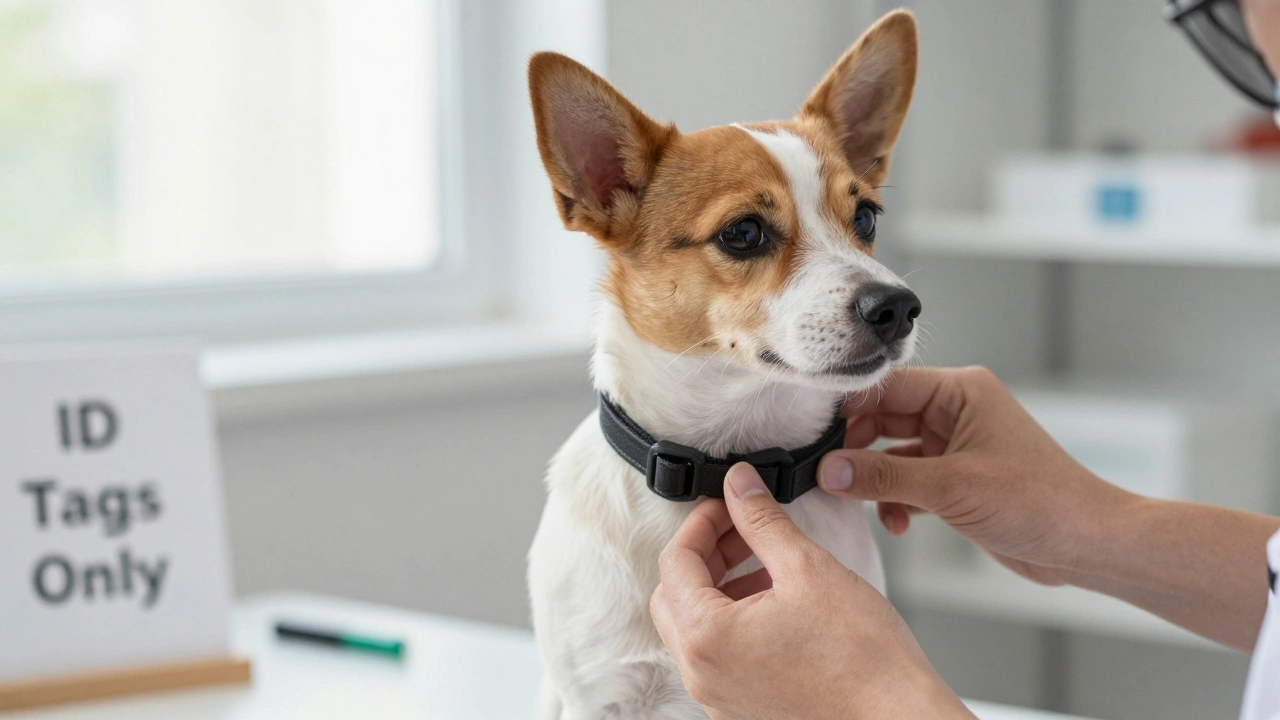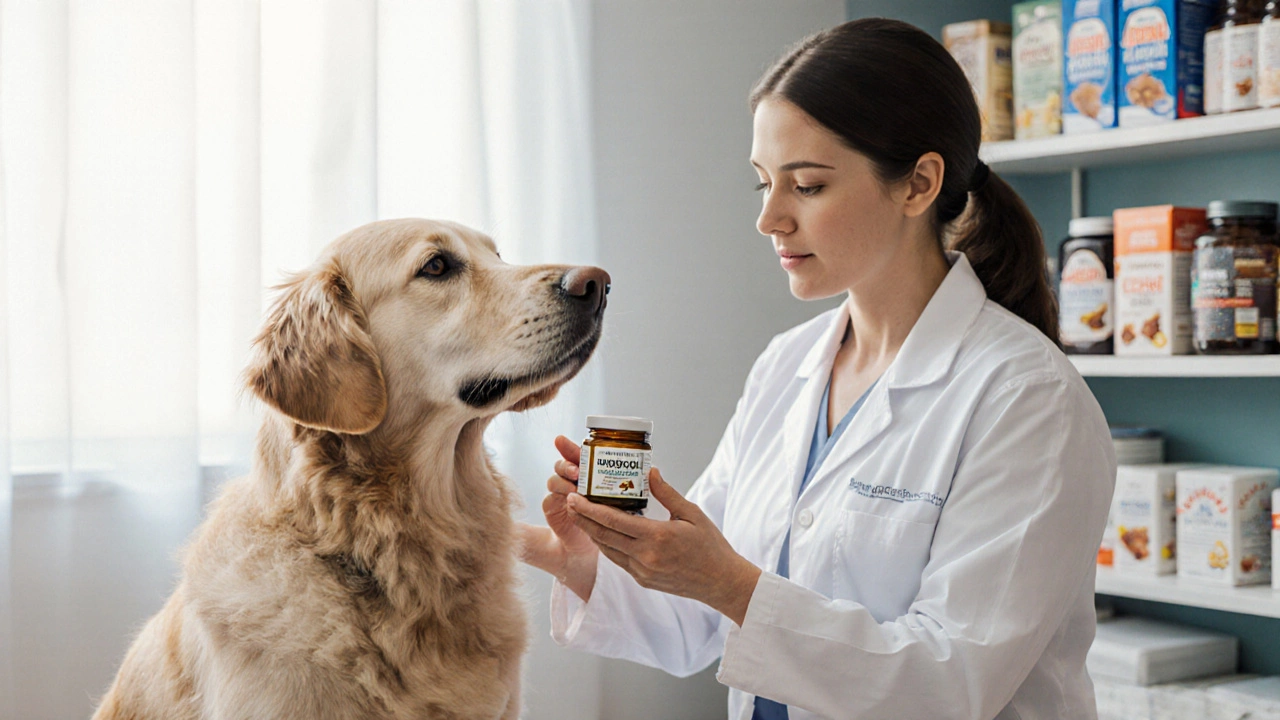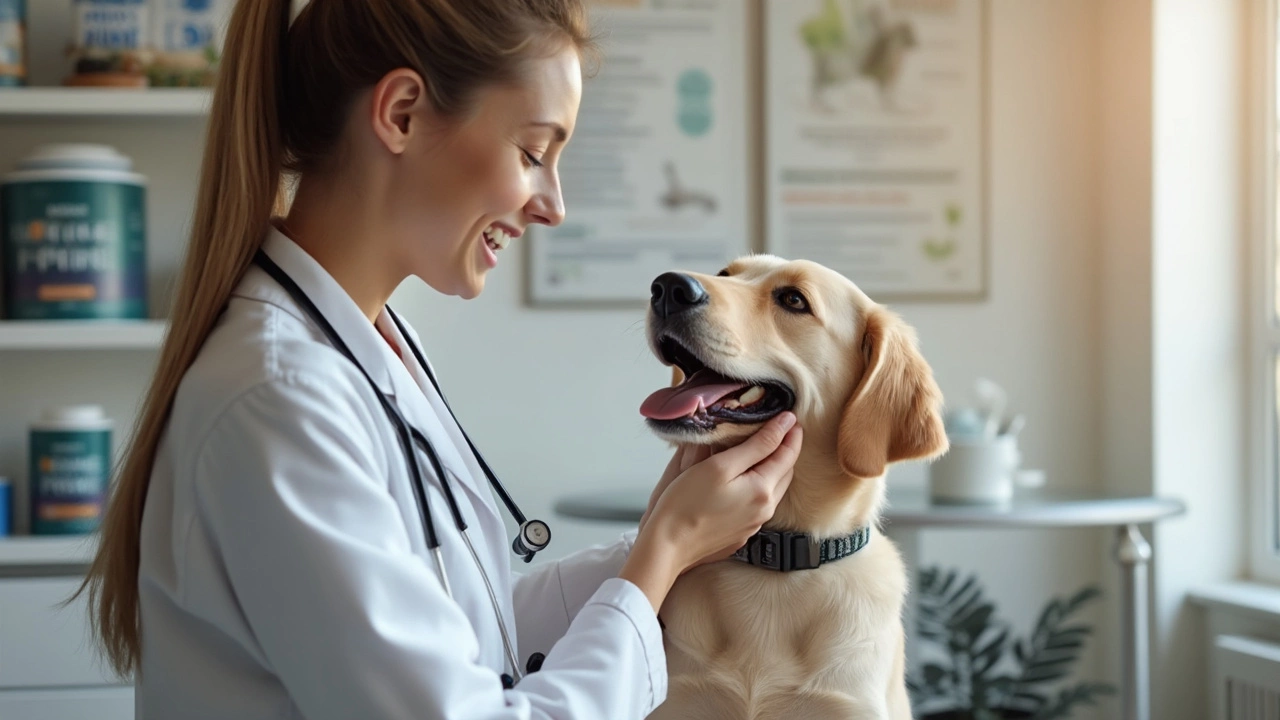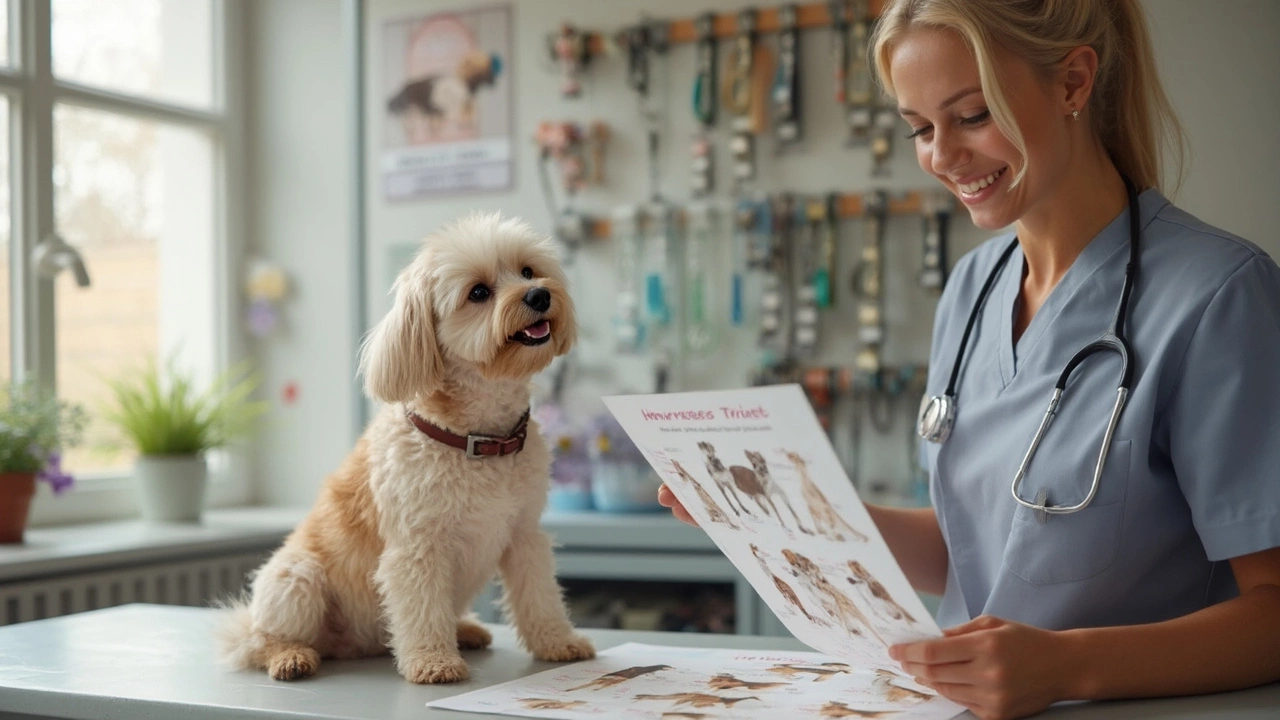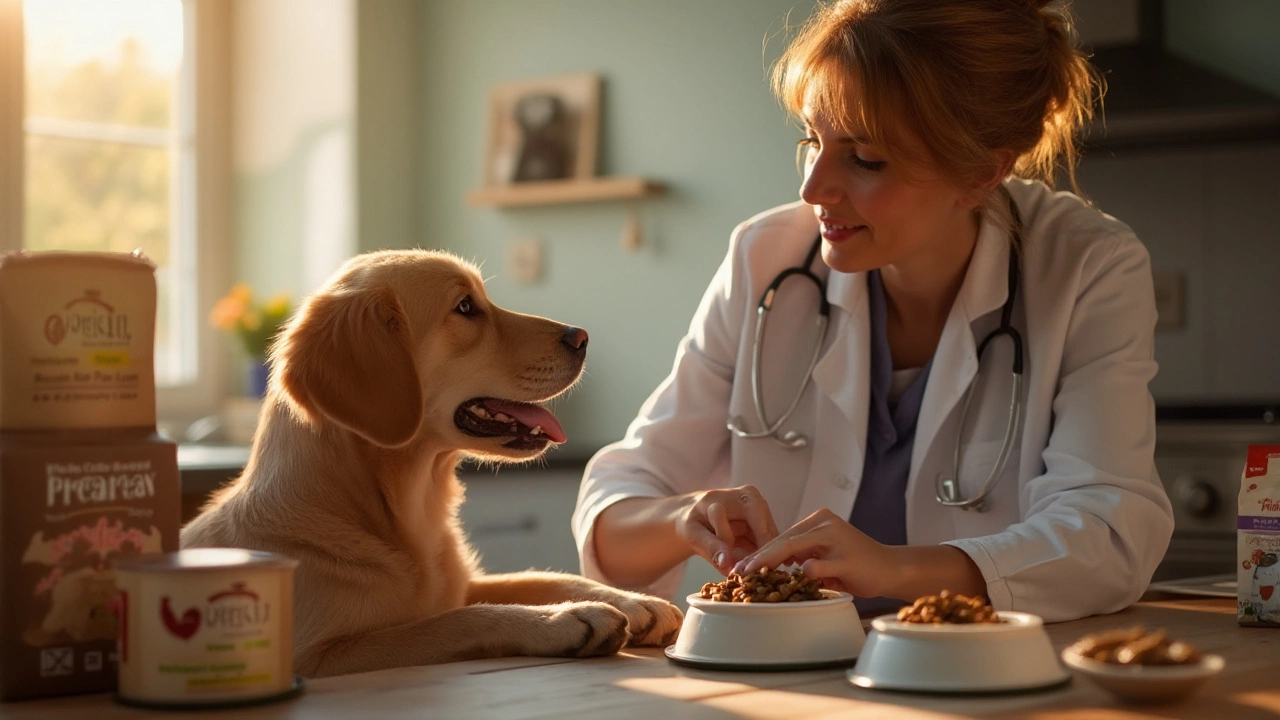Vet Recommendations for Everyday Dog Care
When you hear "vet says" you know the advice comes from someone who actually looks after pets for a living. Below are the most useful tips you can start using right now – from picking the right dog food to timing evening meals.
What Vets Look for in Dog Food
Vets don’t just pick the cheapest brand. They check the ingredient list for real meat, avoid excessive fillers like corn or wheat, and flag any artificial colors. Blue Buffalo, for example, has sparked concern because some batches contain low‑grade meat meals and recall notices. Beneful also gets a lot of questions; the formula includes many by‑products that aren’t ideal for a balanced diet.
When you read a label, look for:
- Named protein source (chicken, lamb, beef) as the first ingredient.
- Less than 10% of the recipe coming from grains or fillers.
- No ‘by‑product meal’ or vague terms like “animal digest”.
- Clear AAFCO statement that the food meets nutritional standards.
If a product fails these checks, ask your vet for an alternative. Many vets recommend grain‑free or limited‑ingredient diets for dogs with allergies.
Feeding Schedule Tips Backed by Vets
Most vets suggest two meals per day for adult dogs. Splitting calories into morning and evening keeps blood sugar stable and reduces tummy upsets. For puppies, three to four smaller meals work best because their stomachs are tiny.
Here’s a quick plan you can adjust:
- Morning: 30‑40% of daily calories, served after a short walk.
- Evening: Remaining 60‑70%, offered a couple of hours before bedtime.
- Night snack: Only if your dog is very active or a senior with joint pain. Keep it under 10% of daily intake.
Why stop feeding at night? Vets say a late‑night meal can interfere with digestion and cause weight gain. A regular cutoff helps your dog sleep better and reduces bathroom trips at 3 am.
Don’t forget fresh water is always on hand. Some vets suggest a water bowl placed away from the food dish to keep it clean.
These simple steps—checking ingredients and timing meals—cover the bulk of what vets recommend for a healthy, happy dog. If you’re ever unsure, a quick call to your local practice can clear up any questions.
Posted By Bryndle Redding On 1 Dec 2025 Comments (0)
Do Vets Recommend Dog Collars? What Dog Collars Vets Actually Suggest
Vets recommend flat collars for ID tags and harnesses for walking. Choke, prong, and shock collars are discouraged due to health risks. Learn which collars are safe and why.
READ MOREPosted By Bryndle Redding On 16 Nov 2025 Comments (0)
Do Vets Recommend Coconut Oil for Dogs? Real Advice from Veterinarians
Vets rarely recommend coconut oil for dogs because there's little scientific proof it helps - and real risks like pancreatitis and weight gain. Learn what actually works for skin, coat, and digestion instead.
READ MOREPosted By Bryndle Redding On 28 Apr 2025 Comments (0)
Do Vets Recommend Canine Prime? Honest Answers for Dog Owners
Ever wondered if vets really trust Canine Prime for boosting your dog's health? This article digs into what vets say, what's actually in the supplement, and whether it's worth your money. We'll also break down real-world results from other dog parents and help you decide if Canine Prime fits your pup's needs. Expect practical advice, clear facts, and tips that make sense for everyday dog owners. No fluff—just real talk about canine health.
READ MOREPosted By Bryndle Redding On 10 Feb 2025 Comments (0)
Best Dog Collars: Vet Recommendations and Tips
Choosing the right collar for your dog can be a challenge, but expert guidance can help. Vets recommend collars based on a dog's breed, size, and unique needs to ensure their safety and comfort. From flat buckle collars to harnesses and martingale options, each has its advantages. Learn what to prioritize to make the best choice for your furry friend.
READ MOREPosted By Bryndle Redding On 16 Dec 2024 Comments (0)
Top Vet-Recommended Dog Food Brands of 2024
Selecting the right dog food is crucial for your pet’s health and well-being. Veterinarians are often asked for their top dog food brand recommendations that align with nutritional benefits and quality ingredients. This article delves into these recommendations, exploring why certain brands stand out. You'll also find useful tips to ensure that your furry friend gets the best diet possible.
READ MORE